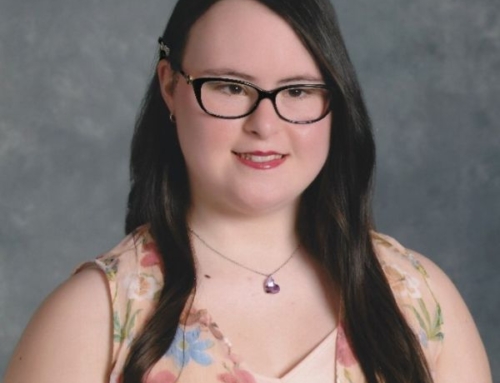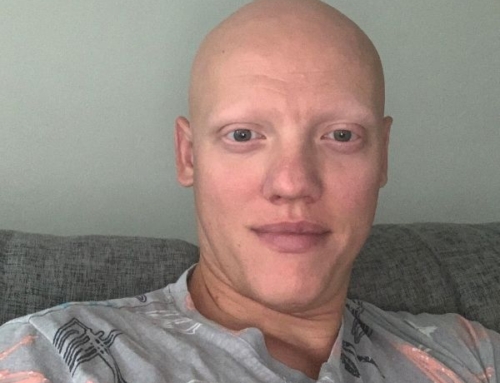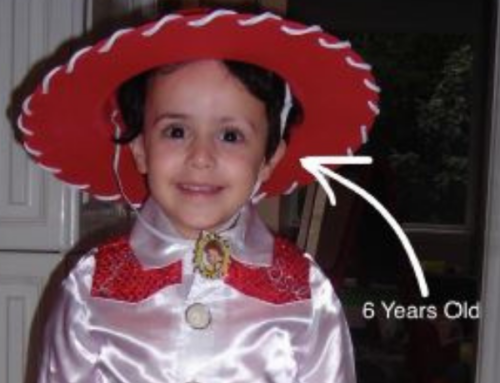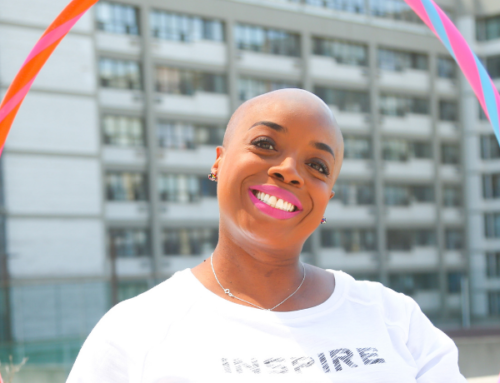Supporting the CANAAF Community:
Riley’s Story
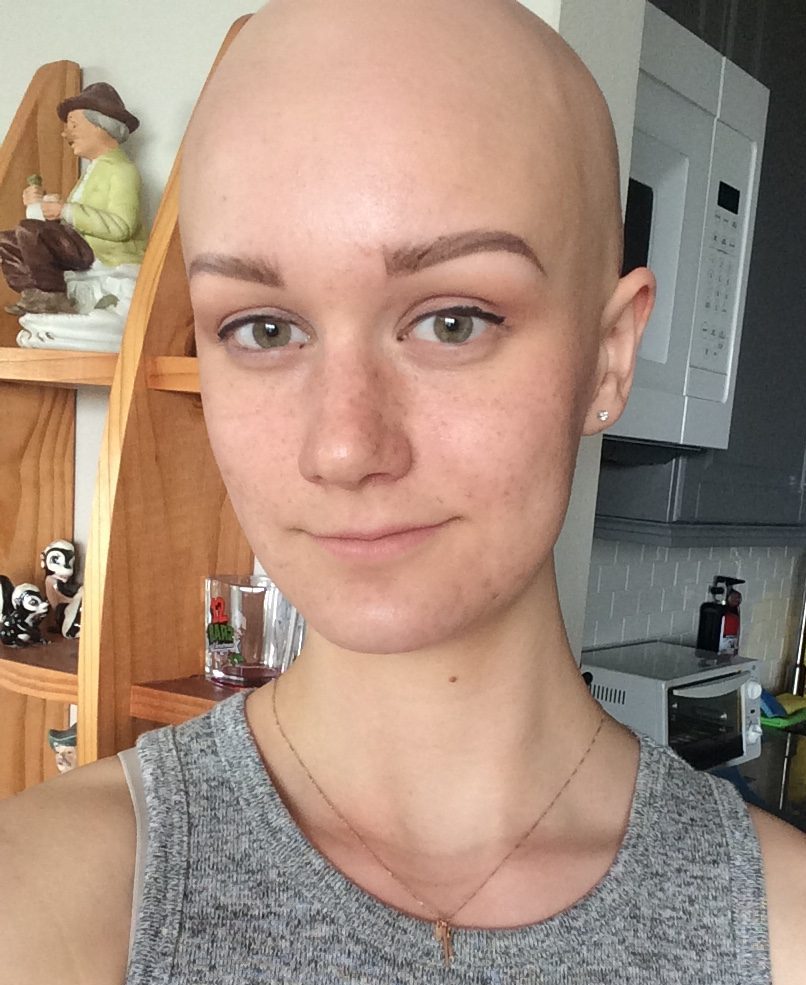 Riley has been a CANAAF Support Group Leader since 2019, providing a safe space for children with alopecia living in Ottawa, Ontario. In honour of National Mentoring Month, Riley shares her reasons for becoming a support leader and what it means to her.
Riley has been a CANAAF Support Group Leader since 2019, providing a safe space for children with alopecia living in Ottawa, Ontario. In honour of National Mentoring Month, Riley shares her reasons for becoming a support leader and what it means to her.
We send a huge thank you to Riley for her incredible compassion and dedication to the CANAAF community.
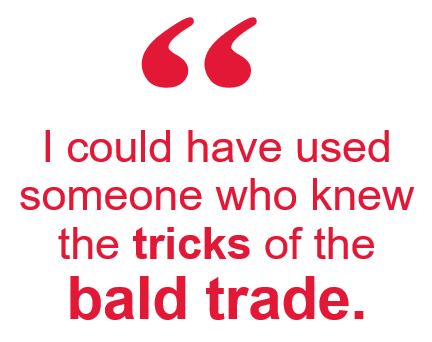 What inspired you to volunteer with CANAAF?
What inspired you to volunteer with CANAAF?
When I was growing up with alopecia, we didn’t have anything like CANAAF around. You had to learn things as you went. I attended a meeting after learning about CANAAF, and realized that I was in a place where I had accepted my situation and was okay with it. I thought about how I could have used someone, when I was a teenager, who knew the tricks of the bald trade. It’s also great to be a part of a group that understands the small, weird parts of Alopecia, and has their own approaches that I would have never thought of.
 What does being a CANAAF Support Leader mean to you?
What does being a CANAAF Support Leader mean to you?
Being a support leader means organizing a time and place for people to talk freely about their experiences with alopecia. I try to find topics that are relevant to guide discussion, and also to let people address what they want to address in meetings. I think that it also means knowing when to give advice and when to listen.
If you could give one piece of advice to someone just diagnosed with alopecia areata, what would it be?
Your life isn’t over, even if it feels like it will never be the same. You WILL adjust, and you WILL learn how to work with it. Even if you don’t actively try to, it’s just what happens. Start researching – look for dermatologists or talk to your doctor if that’s what you want to do, look at makeup tips, browse for wigs, read about what other people have done. The more you understand alopecia and your options, the less ambiguous and daunting it will be.
What is the best part about being a support leader?
The best part of being a support leader is learning about other ways to deal  with alopecia. When no one else around you is going through the same thing, you can start to think that your way is the only way. But then you hear from these strong people from all across the province, who have vastly different ideas, experiences, and approaches. Hearing from others has challenged my perception and filled in some gaps, and overall made me more accepting and educated about alopecia.
with alopecia. When no one else around you is going through the same thing, you can start to think that your way is the only way. But then you hear from these strong people from all across the province, who have vastly different ideas, experiences, and approaches. Hearing from others has challenged my perception and filled in some gaps, and overall made me more accepting and educated about alopecia.
It’s always great to hear from kids and teenagers who are dealing with Alopecia. They tend to have such a different attitude toward it compared to adults, and are often fairly unconcerned. Kids are very straightforward, and I love hearing them break the topic down to the raw facts. They have a great perspective.

